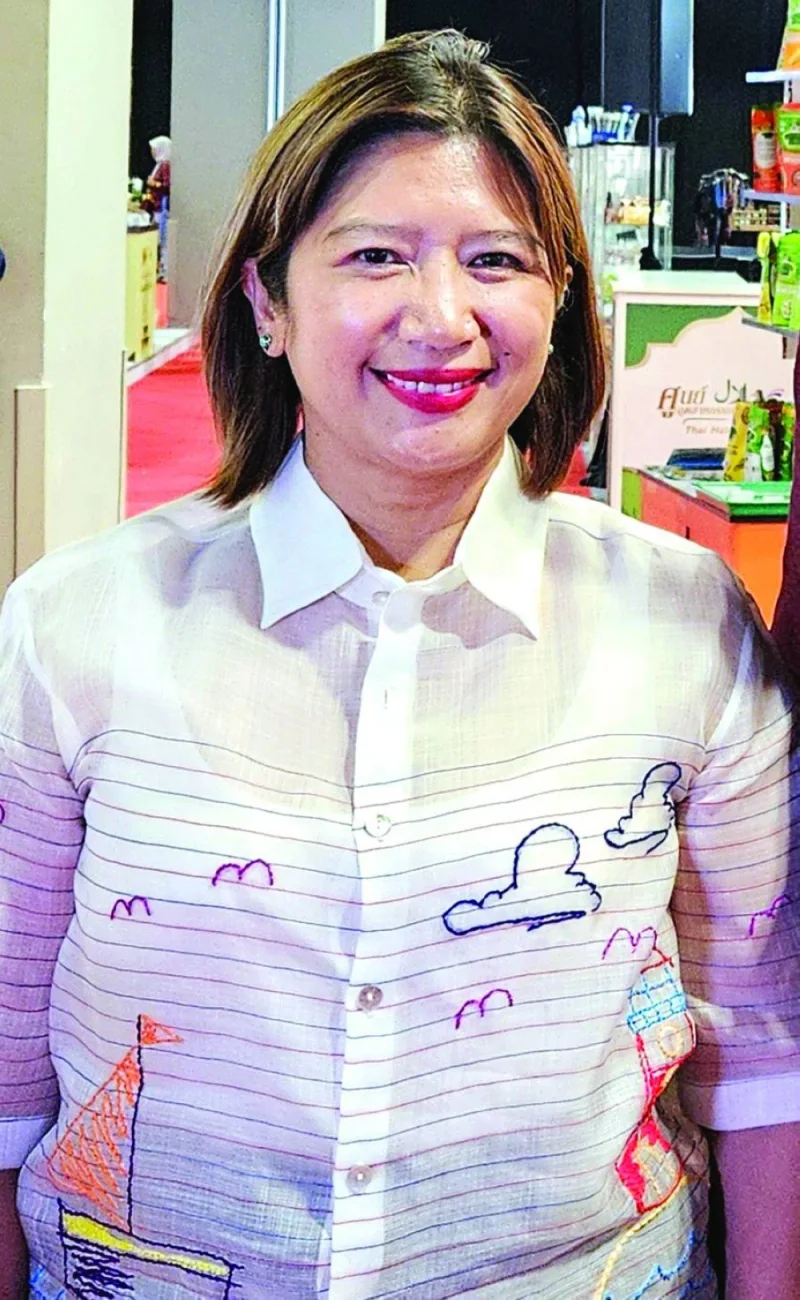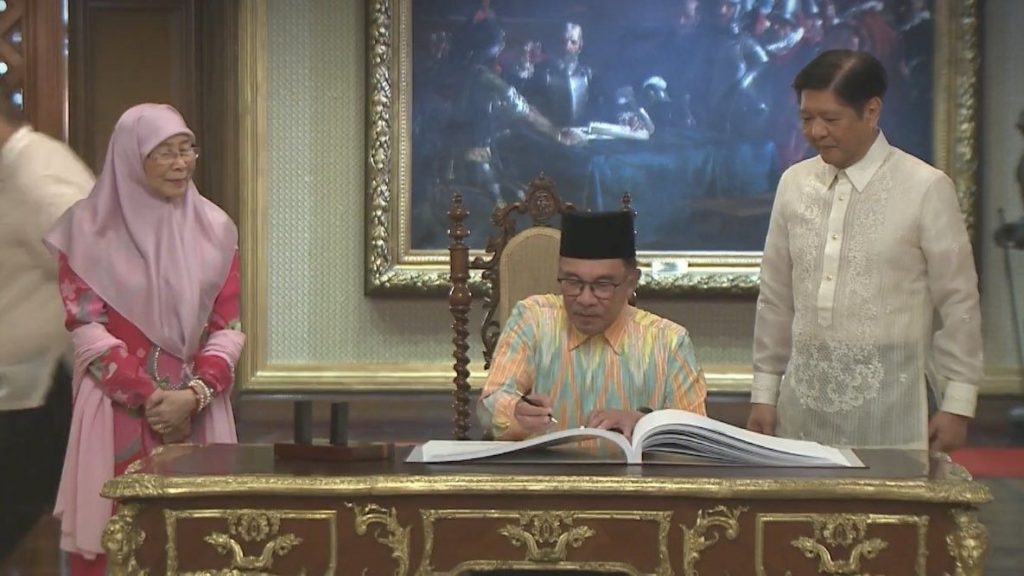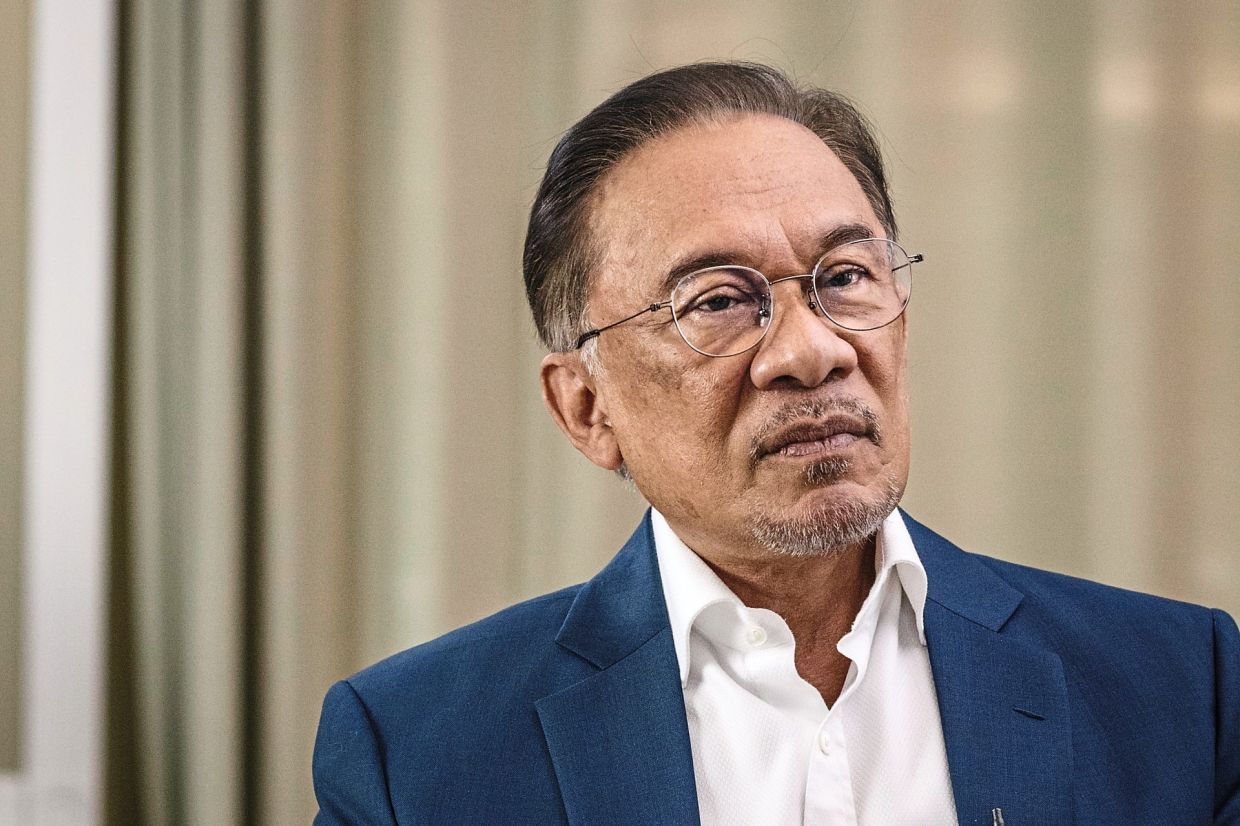
Speaking to Gulf Times on the sidelines of MIHAS 2024, Philippine ambassador to Malaysia Maria Angela A Ponce said the administration of President Ferdinand “Bongbong” Marcos, Jr is keen on forging stronger collaboration with Malaysia to boost the Philippines’ halal industry.
Ponce also underscored the significance of MIHAS’ role in giving Malaysia’s micro, small and medium-sized enterprises (MSMEs) access to global markets, which the Philippines could emulate.
This opportunity for MSMEs to go global was emphasised by Tengku Zafrul Aziz, Malaysia’s Minister of Investment, Trade and Industry, when he addressed the opening ceremony of MIHAS 2024, held recently in Kuala Lumpur.
Aziz said, “MIHAS offers companies, especially MSMEs, a chance to showcase their innovative products not only to the 2bn Muslims worldwide but also to a growing global audience that is increasingly embracing the halal concept.”
Citing national carriers from non-Muslim countries, Aziz noted that many of these airlines now offer halal food on certain flight routes, eliminating the need for special requests.
“This creates significant opportunities for Malaysian companies and MSMEs to integrate into the global Halal supply chain…MIHAS serves as a key driver in developing more ‘halal champions’ within the local industry. It also
bolsters Malaysia’s position as a prominent halal hub both regionally and globally,” the minister emphasised.
Meanwhile, the ambassador noted, “Malaysia is truly the showcase for the halal industry, and that is why halal co-operation with Malaysia is a priority for both President Marcos and various agencies of the Philippine government.”
“Part of that co-operation involves engaging with our Halal Development Board, as well as capacity building, because we want to learn from Malaysia. We want to see what they are doing, what their best practices are, and how they are succeeding,” Ponce explained.
According to Ponce, the Malaysian government, through the Malaysian Technical Co-operation Programme (MTCP), accommodates the Philippines’ requests for training in halal tourism and halal certification, as well as in Islamic finance.
“We believe there is a recognition that halal is not just one industry; it’s not just accreditation, it’s not just trade, it’s not just food — it’s a whole ecosystem. And that’s what we’re learning from Malaysia; that’s what we’re trying to glean from their best practices.”
The ambassador noted that Malaysian halal certification could serve as a springboard for Philippine companies and MSMEs in accessing Middle Eastern markets, such as Qatar.
“Many of the Middle East markets also look to certification from Malaysia, including what Malaysia does and what products are certified there. Then, they get an idea of what products they would like to bring to the Middle East.
“So in that sense, that’s how I think our MSMEs can benefit and can also capitalise on it so that they can be able to access the Middle Eastern market,” the ambassador explained.



